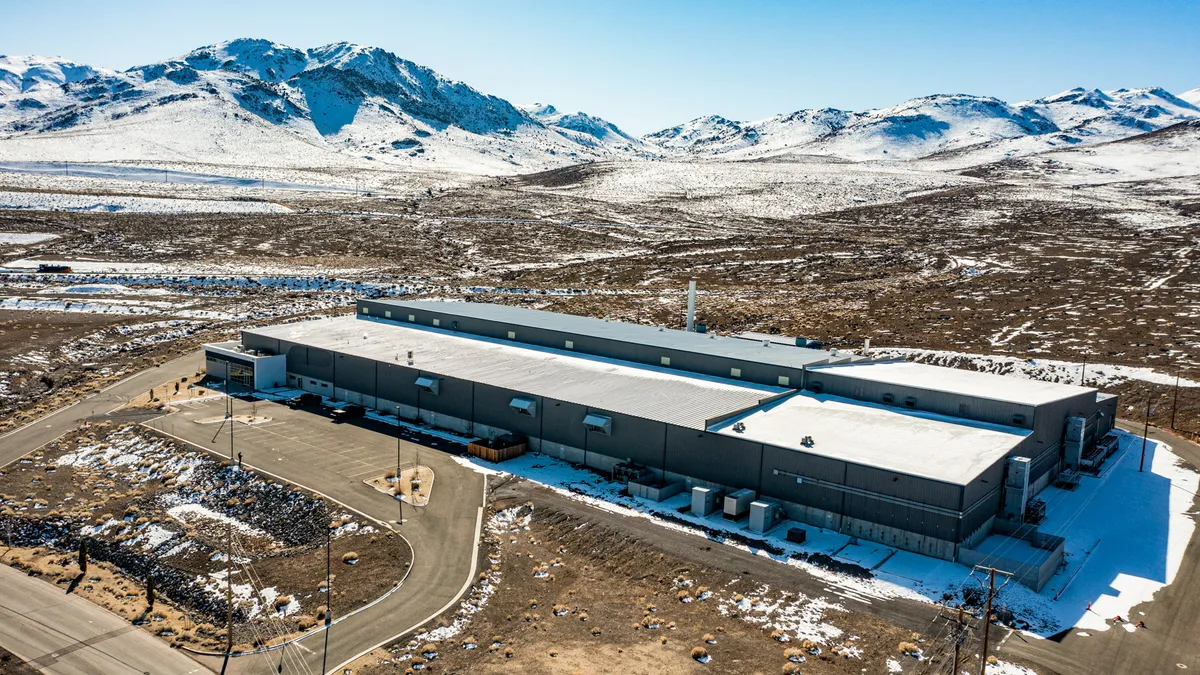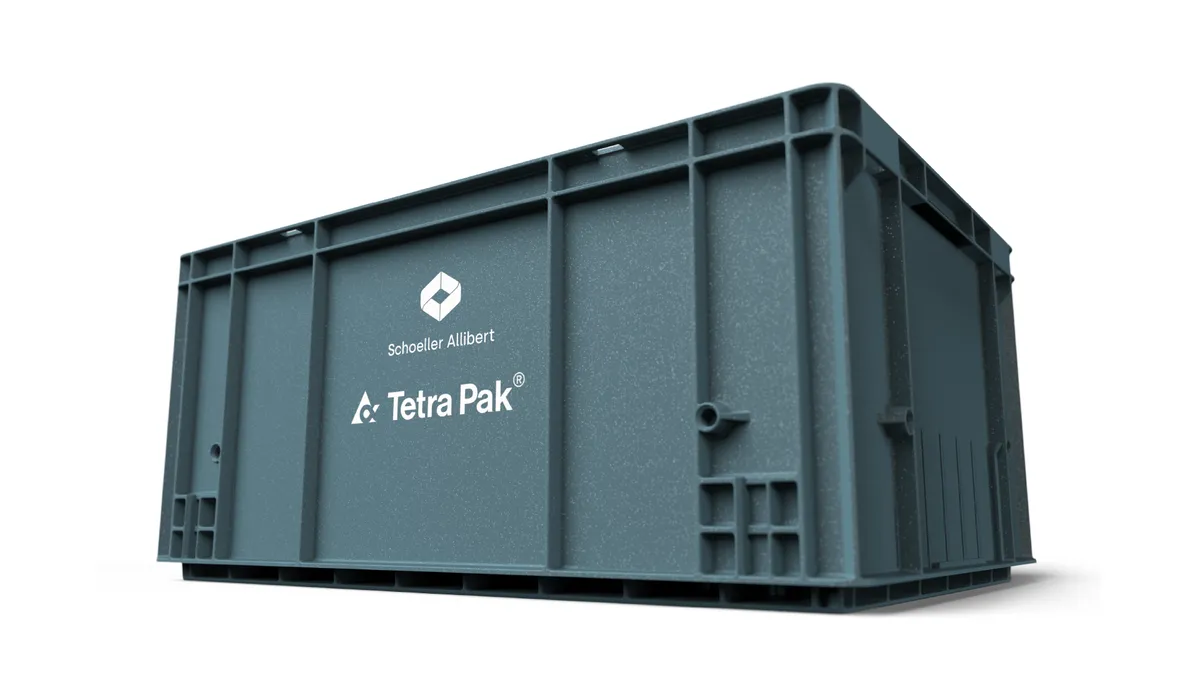J.P. Mascaro and Sons has chosen Pottstown, Pennsylvania, as the first community where it will collect and sort flexible plastic packaging (FPP) in the existing curbside recycling program. The move is part of a high-profile pilot that could have much broader implications.
Mascaro sent fliers to residents this week informing them of the change, which takes effect immediately. The list of acceptable packaging includes dozens of items such as grocery bags, bread bags, dog food bags, shrink wrap, cheese pouches, zip-top storage bags, bubble wrap, detergent pouches, snack food bags and drink pouches.
Mascaro is able to accept the packaging because of sorting equipment upgrades, which were funded by a $2.6 million grant from industry consortium Materials Recovery for the Future (MRFF). The program launched last summer with an announcement from Van Dyk Recycling Solutions that it would provide equipment upgrades, including advanced optical sorters, for Mascaro's TotalRecycle MRF in Berks County.
Logistics
The pilot is expected to produce data to show municipalities and the recycling industry that FPP can be practically and economically managed in curbside streams. Mascaro, according to corporate director of communications Frank Sau, hopes to expand FPP collection to up to four more communities by 2020.
Although the program was deemed a two-year pilot at its inception, Sau told Waste Dive he anticipates this will be a long-term commitment considering the equipment upgrade is in place. The company eventually aims to offer this to all of the nearly 80 communities it services in Pennsylvania, as well as commercial accounts.
MRFF partners launched the pilot to seek recycling solutions for FPP because of the material's growing prevalence in the waste stream and lack of viable recovery or reuse options. Partners include Procter & Gamble, Target, Dow Chemical Company, PepsiCo, Nestlé Purina PetCare, The Walmart Foundation and the American Chemistry Council.
Sorting flexible packaging by traditional, manual means has proven not to be economically feasible, so the material ends up in the waste stream. Automatic optical sorting equipment shows promise as a way to separate the items from the rest of the materials in single-stream recycling.
"Flexible plastic packaging in the waste stream has been an issue for recyclers from the beginning of time," Sau said. "Most haulers have told people we can't accept this material even though it is plastic [and] it is a resource."
Beyond FPP, other types of plastics are increasingly used as packaging, so industry and associations are seeking more economical options for those as well. For instance, this summer the Plastics Industry Association announced it would manage a two-month secondary MRF pilot in Oregon that will focus on capturing PET, HDPE, LDPE, PP, PS and gable-top and aseptic cartons from residual streams.
Pilot priorities
The new FPP program is viewed as a "win-win" for Pottstown, according to the city's director of public works, Douglass M. Yerger, because it diverts material from disposal and came at no extra cost. Mascaro is fully in charge of the educational campaign to inform citizens about the new items accepted through single-stream recycling.
While FPP doesn't make up a large portion of Pottstown's waste stream per pound, "every little bit counts" when it comes to reducing the amount of material going to landfills, Yerger said.
Research from Resource Recycling Systems indicates 12 billion pounds of FPP is used to package products each year. That's a hefty amount of feedstock that industry participants say could be captured and incorporated into new products, but the material's lightweight nature makes it difficult to sort and capture.
Its irregular shapes also make it a challenge to recover. For example, the numerous folds in shrink wrap could hold moisture, which is considered contamination.
Pottstown was attractive for the pilot because, unlike in several neighboring communities, its recycling carts are covered, which can reduce exposure to rain or wind.
Beyond proving the viability of collection and sorting, identifying new markets is another key goal for the pilot.
"Ultimately, we've created a new commodity," Sau said. "One of the major risks we took is that there's not much of a market for it yet, but we're a forward-thinking company."
Pilot program partners have dubbed the new commodity rFlex, which after recovery can be processed and used to manufacture new products. Capturing FPP is also said to boost the value of other commodities in the recycling stream. Removing FPP especially helps paper, since the two can often get mixed up in the sorting process due to their similar weights. Segregating FPP into its own stream results in cleaner paper bales, thus boosting the value of that commodity.
"This is certainly a good effort at this time because the recycling industry has taken somewhat of a beating in recent months," Yerger said, noting how smaller municipalities have been particularly affected by rising costs and fees. "Some things are just being landfilled ... because there's no value to it. Hopefully that turns around soon, because people go through a lot of trouble to recycle and get stuff out of the trash stream."






















